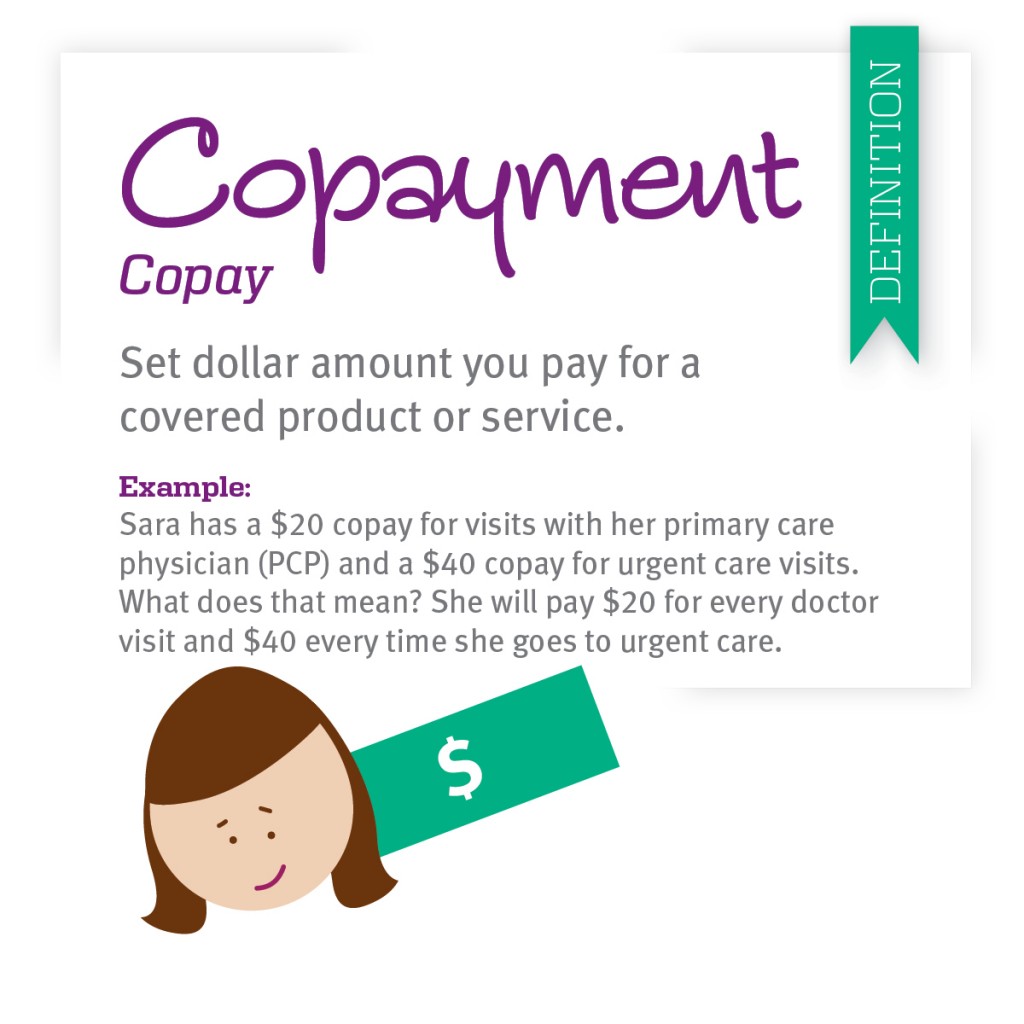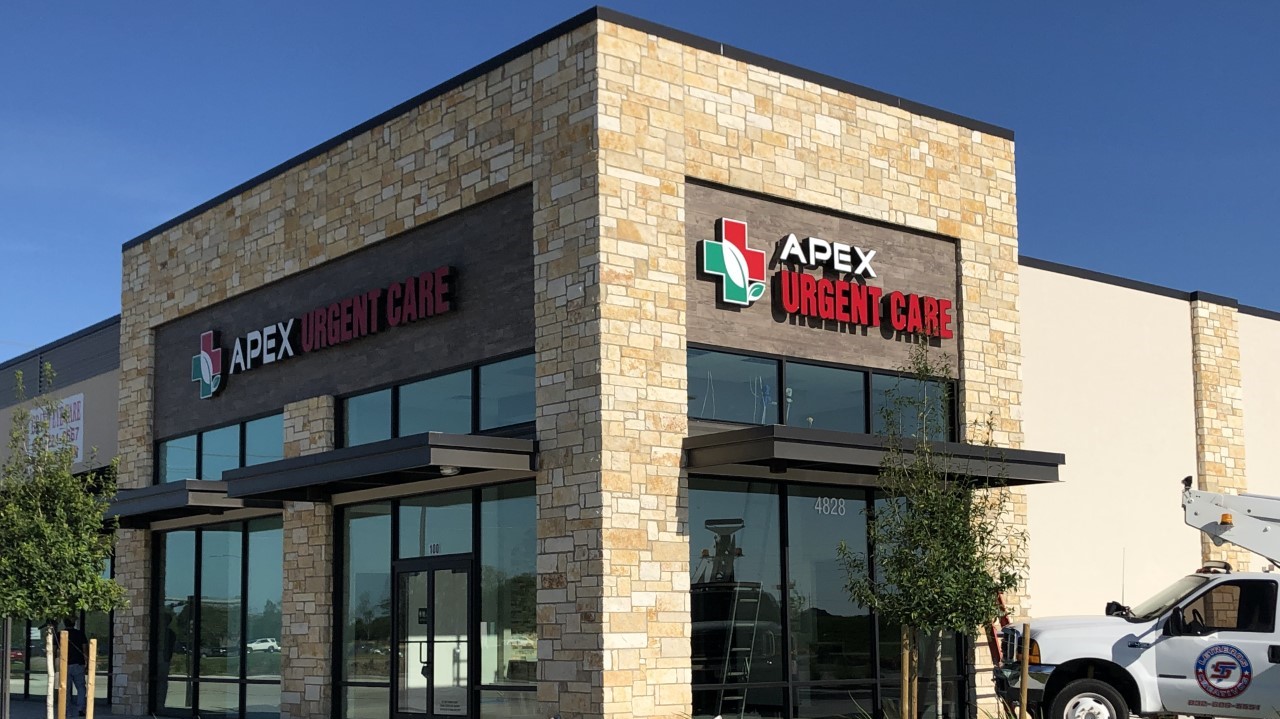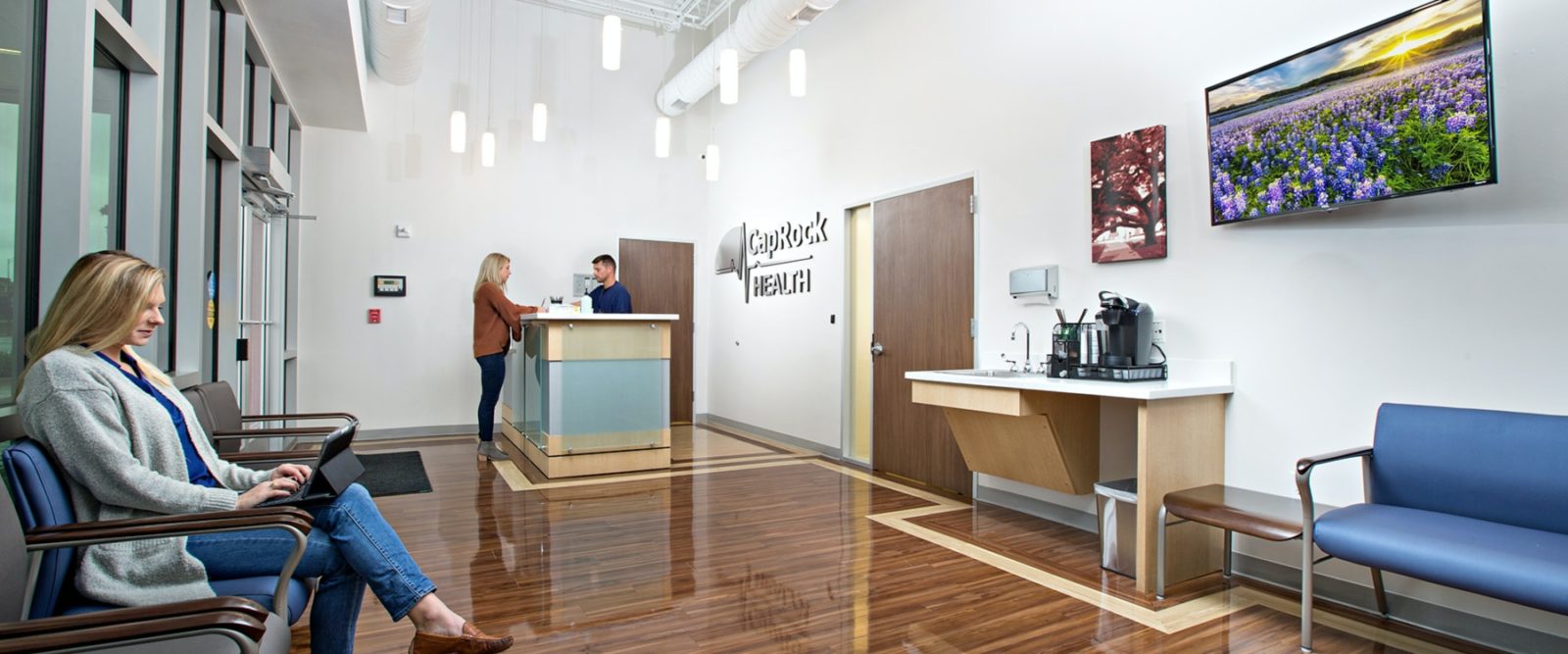
In the event that you visit an outpatient urgent care clinic in a hospital, you may also be charged a copayment by the hospital itself. Urgent care clinics specialize in treating sudden injuries or illnesses that don’t rise to the level of a medical emergency but typically need treatment within about 24 hours. You will pay 20% of the cost for services, and the Part B deductible will apply. Medicare Part B (Medical Insurance) helps cover the cost of urgently needed care that is not a medical emergency. Tier 2 (Preferred brand): 55 copay Tier 3 (Non. Urgent care treatment can get you the help you need before the condition can escalate. Urgent Care Center, 35 copay Prescription Drugs, Preferred Retail Pharmacy: Tier 1 (Generics): 10 copay. If you try to wait to see your regular doctor about it, the condition might turn into something that will land you in the emergency room. Say, for example, that a minor throat tickle has turned into a hacking wheezing cough overnight. Urgent care clinics work best for treating the kind of abrupt illnesses or injuries that you can’t wait two or three weeks to see your regular doctor about. Abrupt, serious changes in your health require more immediate care than a primary care physician can reasonably provide. Your primary care physician is the right choice for managing chronic conditions, regular tests, preventive care, and helping diagnose new but stable changes in your health. A primary care physician works by appointment only and some doctors schedule appointments weeks in advance.

You might wonder if you should just schedule an appointment with your primary care physician. If you experience any of the following medical emergencies, you should call 911 or go directly to a hospital emergency room: Incidents that may require urgent care and emergency care may include: Medicare provides Medicare recipients with coverage for urgent care, but how do you know if you need urgent care and where do you go? Medicare Part B can help pay for services and supplies you get from an urgently needed care facility. Some Medicare recipients hesitate to seek urgent care services because they worry about the costs.

Even if your injury or illness is not severe enough to send you to the ER, it can still be serious enough to require care immediately, even when it is outside of normal doctor office hours. You may, or may not receive a bill from the outside laboratory who processes your specimen. They may call the home pharmacy for your or they may ask you to call your home pharmacy, but either way, you can avoid having to go to an urgent care clinic to get a new prescription by just transferring an existing prescription.īeing a smart healthcare consumer can be challenging-but doing it well can result in you receiving excellent care and saving hundreds of dollars.Not every health crisis rises to the level of a medical emergency, but if you experience an injury, sudden illness, or if an illness suddenly gets worse, you may need urgent care. For coverage specifics, please contact your insurance provider. You do this by going to a pharmacy at your travel location, telling them you have refills at your home pharmacy and giving them the name and number of your home pharmacy.

If you have an established relationship with a doctor (e.g., family practice physician, pediatrician, internist, Ob/Gyn), you may be able to call that doctor’s office or their after-hours line to tell them your symptoms and often they can call you in a prescription. Need a prescription? There may be another way to get it.

If 30 days later you receive a bill for an ER visit, you can go back to the billing office of the urgent care center armed with the employee’s name who told you differently. Just because they say that it will be billed as urgent care doesn’t mean that it will. You need to ask the urgent care clinic in advance if it bills as urgent care or as an ER and get the name of the person who tells you. If a clinic is associated with a hospital (and sometimes even if it is not), it will consider itself an ER and bill like an ER. Some urgent care clinics are hospital emergency rooms in disguise.However, usually, urgent care co-pays are less than emergency room visit co-pays (which are often $100 or more). If you have a PPO plan, the copay may be more than a regular office visit copay (e.g., $75 urgent care copay vs. Know how your insurance covers urgent care visits before you go.Here are four mistakes to avoid when going to an urgent care clinic:


 0 kommentar(er)
0 kommentar(er)
